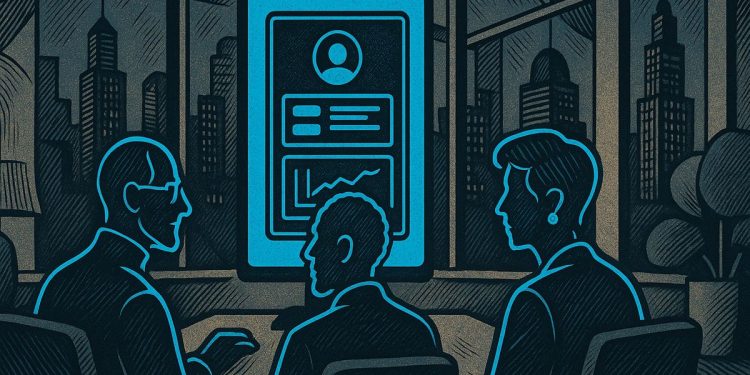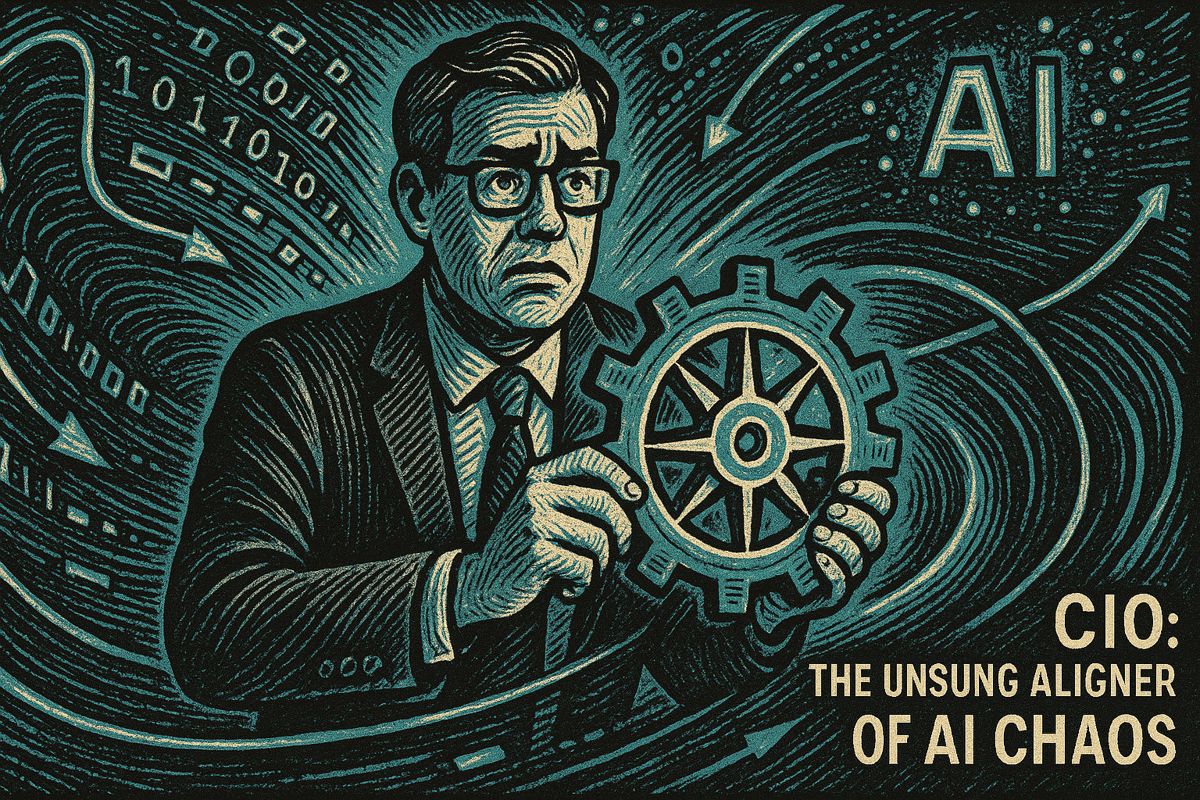AI board advisers are virtual helpers powered by smart technology, acting like famous leaders to give business advice any time, day or night. Companies use these AI advisers to get quick, honest, and different opinions, helping them make decisions faster and cheaper. These digital experts can copy the thinking styles of people like Steve Jobs or Nelson Mandela, creating a mix of viewpoints in seconds. More and more businesses are using them, with some even giving these AI advisers a real seat at the table. By 2025, it’s expected that many big companies will officially use AI personas as part of their leadership teams.
What are AI board advisers and how are they being used by companies?
AI board advisers are virtual personas powered by generative AI, modeled after renowned leaders, that provide executives with 24/7 strategic advice. Companies use them to gain fast, diverse, and frank feedback on business decisions, reducing costs and decision-making time while improving cognitive diversity.
Imagine having the strategic mind of Steve Jobs, the moral compass of Nelson Mandela, and the turnaround skills of Indra Nooyi available at 3 a.m. when a tough decision keeps you awake. Since early 2024, generative AI has moved from novelty to necessity for a growing slice of executives and entrepreneurs who have built personal, always-on boards of virtual advisers. MIT Sloan Management Review reports that more than 30 percent of Fortune 500 innovation teams now prototype at least one synthetic director, and the Real Estate Institute of NSW has already seated “Alice Ing” as a formal AI board observer with full data access.
The mechanics are straightforward: large language models ingest public speeches, interviews, memos and even voice patterns to resurrect the cognitive style of a chosen figure. A founder can spin up five distinct personas- marketing guru, supply-chain analyst, ethical philosopher, venture capitalist and crisis-communications chief- and instruct the ensemble to scrutinize a new product plan. Within seconds each avatar returns bullet-point counsel that deliberately contradicts its peers, creating the cognitive diversity a physical board would need months to schedule.
Early adopters value two immediate payoffs. First, the feedback is brutally frank- these advisers have no career risk or social capital to preserve. Second, the marginal cost of an extra opinion rounds down to zero, letting individuals simulate expert panels that would otherwise cost six-figure retainers. Harvard Business Review notes that hybrid “brain trusts”- half human, half synthetic- are shortening time-to-decision cycles by an average of 22 percent across pilot companies.
Privacy guardrails remain front-of-mind. Firms such as Luminary Labs offer air-gapped sandboxes so sensitive drafts never leave a client-controlled environment, and regulators in the EU and California are drafting transparency rules that would require disclosure when an AI voice is present at the table. Still, the trend line is clear: by late 2025, Gartner predicts that one in ten listed companies will count at least one AI persona among its recognized advisers.



















